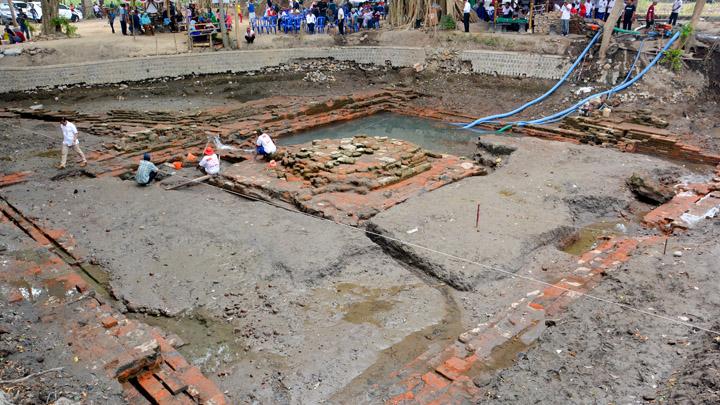
TEMPO.CO, Jakarta,
Resurrecting Dying Tongues
The North Maluku provincial government and language agency are working hard to preserve the region`s ethnic languages by including them in local school curricula, training teachers and compiling dictionaries.
TWO months ago, elementary school students in the village of Gamlamo, Western Halmahera, North Maluku, seemed happy as they sang a traditional Sahu song in the schoolyard. Once in a while, they would shake hands and form a small circle. Although they paid attention to their teacher's instructions, the children would frequently burst into laughter.
The children were fourth graders at the Gamlamo Presidential Instruction (Inpres) Elementary School-part of a program initiated in the Suharto era. Singing is part of the school's local curriculum. At the Inpres school, students begin studying region-specific material in third grade. Because of the fun approach to learning, including through songs, the children always seem animated. "Most Saturday afternoons, the children sing songs in the local ethnic language," said Gamlamo resident Ridwan Hamiru, 40.
According to Ridwan, the Sahu language is one of the three ethnic languages in West Halmahera included in the local curricula of the regency's schools. Besides Sahu, there is also the Ibu and the Jailolo language. Jailolo language is still used by many people, while Sahu, according to the Language Agency of North Maluku, is endangered and the Ibu language is nearly extinct. Ridwan is the nephew of Nifu Hairu, one of the three native speakers of Ibu still living, besides Hajijah Farah, 80, and Kaidati Babao, also 80 years old.
According to the Dutch researchers Clemens L.Voorhoeve and Leontien E. Visser, who studied the Ibu language in 1987, the number of the language's speakers have continued to decline. In 1987, 35 individuals still spoke the language, a non-Austronesian language like the languages of Galela, Gamkonora, Waioli, Laba, Loloda, Makian Luar, Modole, Kao, Pagu, Sahu, Tabaru, Ternate, Tidore, TobeloandTugutil. The Ibu language was previously known as Ibo, meaning landowner. The name was then changed because of changes in pronunciation.
Chief of the West Halmahera Regional Development Planning Agency Soni Balatjai says it is the government's duty to advance and protect local languages, in line with Law No. 24/2009. The West Halmahera government has created a number of policies to protect the Ibu language, among others by including ethnic languages in local curricula in all elementary and middle schools in the regency five years ago.
Additionally, the government has continued training 40 elementary school teachers in the regency. "We hope that, in the future, the government will be able to take part in ensuring the survival of ethnic languages," he said.
In the past year, the government has also worked hard to document ethnic languages. West Halmahera's education and culture office has compiled dictionaries for three nearly extinct ethnic languages: Ibu, Gamkonora, and Tabaru. "We will distribute these dictionaries to all schools in West Halmahera," said Soni.
Meanwhile, the North Maluku provincial government has created a legal umbrella for these efforts through Regional Regulation No. 9/2009 on the Preservation of Local Languages and Literature. "This is part of our effort, besides supporting local curricula that include ethnic-language instruction," said Armin Zakaria, chief of the North Maluku government's PR and protocol division.























